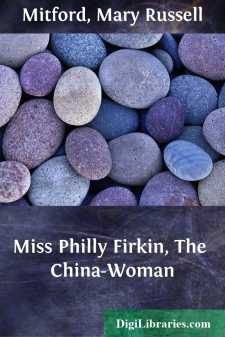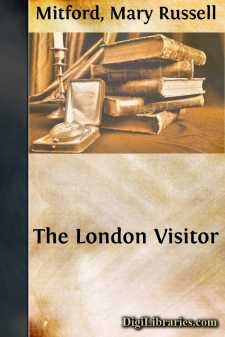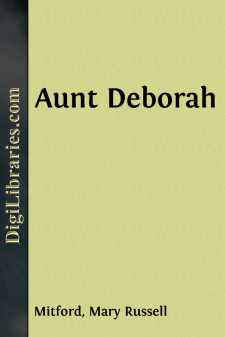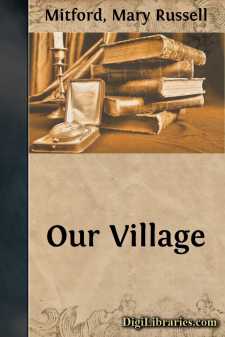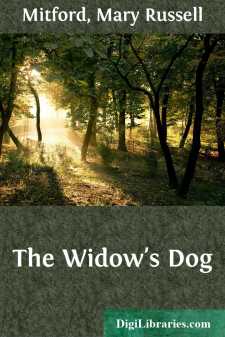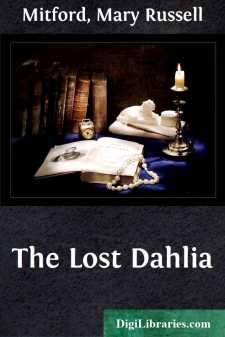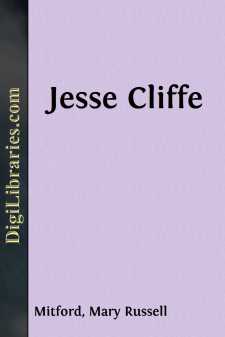Categories
- Antiques & Collectibles 13
- Architecture 36
- Art 48
- Bibles 22
- Biography & Autobiography 816
- Body, Mind & Spirit 145
- Business & Economics 28
- Children's Books 17
- Children's Fiction 14
- Computers 4
- Cooking 94
- Crafts & Hobbies 4
- Drama 346
- Education 58
- Family & Relationships 59
- Fiction 11834
- Foreign Language Study 3
- Games 19
- Gardening 17
- Health & Fitness 34
- History 1378
- House & Home 1
- Humor 147
- Juvenile Fiction 1873
- Juvenile Nonfiction 202
- Language Arts & Disciplines 89
- Law 16
- Literary Collections 686
- Literary Criticism 179
- Mathematics 13
- Medical 41
- Music 40
- Nature 179
- Non-Classifiable 1768
- Performing Arts 7
- Periodicals 1453
- Philosophy 66
- Photography 2
- Poetry 897
- Political Science 203
- Psychology 45
- Reference 154
- Religion 516
- Science 126
- Self-Help 85
- Social Science 82
- Sports & Recreation 34
- Study Aids 3
- Technology & Engineering 59
- Transportation 23
- Travel 463
- True Crime 29
Our website is made possible by displaying online advertisements to our visitors.
Please consider supporting us by disabling your ad blocker.
Miss Philly Firkin, The China-Woman
Categories:
Description:
Excerpt
In Belford Regis, as in many of those provincial capitals of the south of England, whose growth and importance have kept pace with the increased affluence and population of the neighbourhood, the principal shops will be found clustered in the close, inconvenient streets of the antique portion of the good town; whilst the more showy and commodious modern buildings are quite unable to compete in point of custom with the old crowded localities, which seem even to derive an advantage from the appearance of business and bustle occasioned by the sharp turnings, the steep declivities, the narrow causeways, the jutting-out windows, and the various obstructions incident to the picturesque but irregular street-architecture of our ancestors.
Accordingly, Oriel Street, in Belford,—a narrow lane, cribbed and confined on the one side by an old monastic establishment, now turned into alms-houses, called the Oriel, which divided the street from that branch of the river called the Holy Brook, and on the other bounded by the market-place, whilst one end abutted on the yard of a great inn, and turned so sharply up a steep acclivity that accidents happened there every day, and the other terminus wound with an equally awkward curvature round the churchyard of St Stephen's,—this most strait and incommodious avenue of shops was the wealthiest quarter of the Borough. It was a provincial combination of Regent Street and Cheapside. The houses let for double their value; and, as a necessary consequence, goods sold there at pretty nearly the same rate; horse-people and foot-people jostled upon the pavement; coaches and phaetons ran against each other in the road. Nobody dreamt of visiting Belford without wanting something or other in Oriel Street; and although noise, and crowd, and bustle, be very far from usual attributes of the good town, yet in driving through this favoured region on a fine day, between the hours of three and five, we stood a fair chance of encountering as many difficulties and obstructions from carriages, and as much din and disorder on the causeway as we shall often have the pleasure of meeting with out of London.
One of the most popular and frequented shops in the street, and out of all manner of comparison the prettiest to look at, was the well-furnished glass and china warehouse of Philadelphia Firkin, spinster. Few things are indeed more agreeable to the eye than the mixture of glittering cut glass, with rich and delicate china, so beautiful in shape, colour, and material, which adorn a nicely-assorted showroom of that description. The manufactures of Sèvres, of Dresden, of Derby, and of Worcester, are really works of art, and very beautiful ones too; and even the less choice specimens have about them a clearness, a glossiness, and a nicety, exceedingly pleasant to look upon; so that a china-shop is in some sense a shop of temptation: and that it is also a shop of necessity, every housekeeper who knows to her cost the infinite number of plates, dishes, cups, and glasses, which contrive to get broken in the course of the year, (chiefly by that grand demolisher of crockery ware called Nobody,) will not fail to bear testimony.
Miss Philadelphia's was therefore a well accustomed shop, and she herself was in appearance most fit to be its inhabitant, being a trim, prim little woman, neither old nor young, whose dress hung about her in stiff regular folds, very like the drapery of a china shepherdess on a mantel-piece, and whose pink and white complexion, skin, eyebrows, eyes, and hair, all tinted as it seemed with one dash of ruddy colour, had the same professional hue. Change her spruce cap for a wide-brimmed hat, and the damask napkin which she flourished in wiping her wares, for a china crook, and the figure in question might have passed for a miniature of the mistress....


